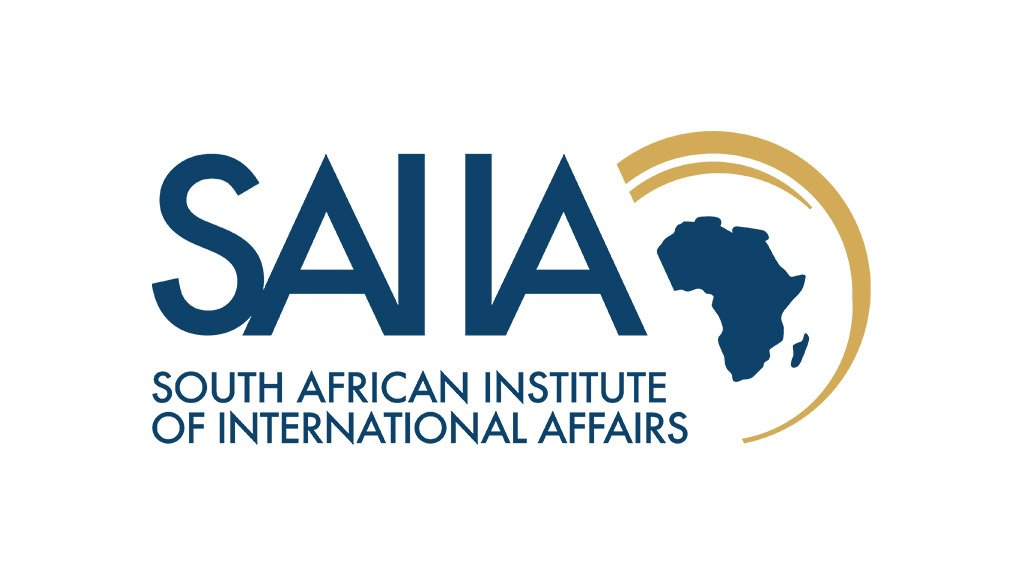On 22 January 2021, the UN Treaty on the Prohibition of Nuclear Weapons (the Ban Treaty) entered into force.
Under the Ban Treaty, states are prohibited from ‘developing, testing, producing, manufacturing, acquiring, possessing, or stockpiling nuclear weapons or other nuclear explosive devices’. The Ban Treaty is a culmination of decades-long global campaign efforts to end the development of nuclear weapons. But while its entry into force is widely celebrated, the real work is only just beginning.
The world’s nuclear-armed states oppose the Treaty, and uncertainty about the direction of nuclear programmes in Iran and North Korea adds to the tension. Until such time as a nuclear-armed state decides to join the Ban Treaty, it is up to the world’s non-nuclear-armed states to continue leading disarmament campaigns. Having experienced the destructive power of nuclear weapons testing first-hand in the 1960s, African states are some of the oldest and most outspoken supporters of global nuclear disarmament and non-proliferation. Africa’s commitment to nuclear disarmament holds two important lessons: Firstly, a world free of nuclear weapons begins at home. And secondly, if at first you do not succeed, shift the narrative.
African states are able to influence international opinion on nuclear disarmament partly because they have established a strong regime of disarmament and non-proliferation. The continent’s commitment to nuclear disarmament dates to 1964 and the adoption of the ‘Declaration on the Denuclearisation of Africa’ by the Organisation of African Unity, now the African Union (AU). At present, this commitment is best embodied by the African Nuclear-Weapon-Free Zone Treaty (1996), also known as the Pelindaba Treaty. States party to the Pelindaba Treaty are prohibited from ‘conducting research on, developing, manufacturing, stockpiling, acquiring, possessing, or having control over any nuclear explosive device’. States are also not allowed to receive assistance to research or develop nuclear weapons.
The 12th anniversary of the Pelindaba Treaty’s entering into force was marked on 15 July 2021 (after being opened for signature 25 years ago). During an online event to commemorate this, Messaoud Baaliouamer, Executive Secretary of the African Commission on Nuclear Energy (AFCONE), the implementing body of the Pelindaba Treaty, described it as ‘an important step towards the strengthening of the non-proliferation regime, the promotion of cooperation in the peaceful use of nuclear energy, complete disarmament, and the enhancement of regional peace and security’.
To date, the Pelindaba Treaty has been signed by 52 AU member states and ratified by 42. This uptake makes Africa the largest Nuclear-Weapon-Free Zone in the world. Beatrice Fihn, Executive Director of the International Campaign to Abolish Nuclear Weapons (ICAN), remarked at the same event that the Pelindaba Treaty is ‘testimony’ to Africa’s role as global leader on nuclear disarmament. High levels of commitment to the nuclear weapons ban on a continental level also meant that African states were able to play ‘a leading role in the negotiation, adoption, and promotion’ of the Ban Treaty.
African states’ determined approach was instrumental in ultimately creating the necessary momentum. Fihn noted that African countries have ‘repeatedly challenged the narrative advanced by nuclear-armed states’. The justification traditionally given by nuclear-armed states for possessing nuclear weapons is deterrence of conflict and ensuring ‘inter-State security’. This narrative is gradually being replaced by a humanitarian justification for banning nuclear weapons, which values human security over state security. This narrative has been growing in popularity and attention to the humanitarian impact of nuclear weapons ‘has been more sustained than any other recent initiative to encourage renewed activity on nuclear disarmament’, according to Elizabeth Minor, a researcher at UK NGO Article 36.
The 1945 bombings of Hiroshima and Nagasaki have not been forgotten. However, more than 75 years after the world witnessed the devastating effects of the atomic bomb, there are still over 13,000 nuclear weapons in existence. These are dispersed among the world’s nine nuclear weapons states: China, the USA, the UK, Russia, Israel, France, North Korea, India and Pakistan.
By setting an example through its legal instruments, and continuously promoting the humanitarian narrative, Africa can play an important role in realising a global nuclear weapons ban. African states can strengthen this position by also becoming party to the Ban Treaty. Considering the similarities between the Pelindaba Treaty and the Ban Treaty, signature and ratification should come easily. To date however, the Ban Treaty has been signed by 29 African states but only 9 have ratified it. The continent will be able to make a bigger impact by adopting the Ban Treaty at the same levels seen in the Pelindaba Treaty. This will re-affirm Africa’s commitment to disarmament and non-proliferation. More importantly, it will cement the continent’s reputation as not only a regional example, but an international example of commitment to nuclear disarmament.
Although nuclear disarmament is a global aspiration, Africa teaches that influence on the global stage is best achieved through regional unity. The creation of multiple nuclear-weapons-free zones across the world will send a powerful message to nuclear-armed states who are currently not directly accountable to the conditions of the Ban Treaty. Other current nuclear-weapons-free zones include Central Asia, Latin America and the Caribbean, the South Pacific, and South-East Asia.
The world’s non-nuclear-armed states stand to gain the most from following Africa’s example. By ascribing to the humanitarian narrative to nuclear disarmament, non-nuclear-weapons states are able to exert moral pressure on nuclear-armed states – a position with significant weight in a debate in which these states were previously at a disadvantage due to the prevailing narrative. Reluctance to dismantle and the threat of expanding nuclear arsenals are but some of the challenges in the path to nuclear disarmament. But with the Ban Treaty now part of international law, nuclear policy will be affected by it whether states are party to it or not.
Research by Isabel Bosman, South African Institute of International Affairs
EMAIL THIS ARTICLE SAVE THIS ARTICLE ARTICLE ENQUIRY
To subscribe email subscriptions@creamermedia.co.za or click here
To advertise email advertising@creamermedia.co.za or click here











